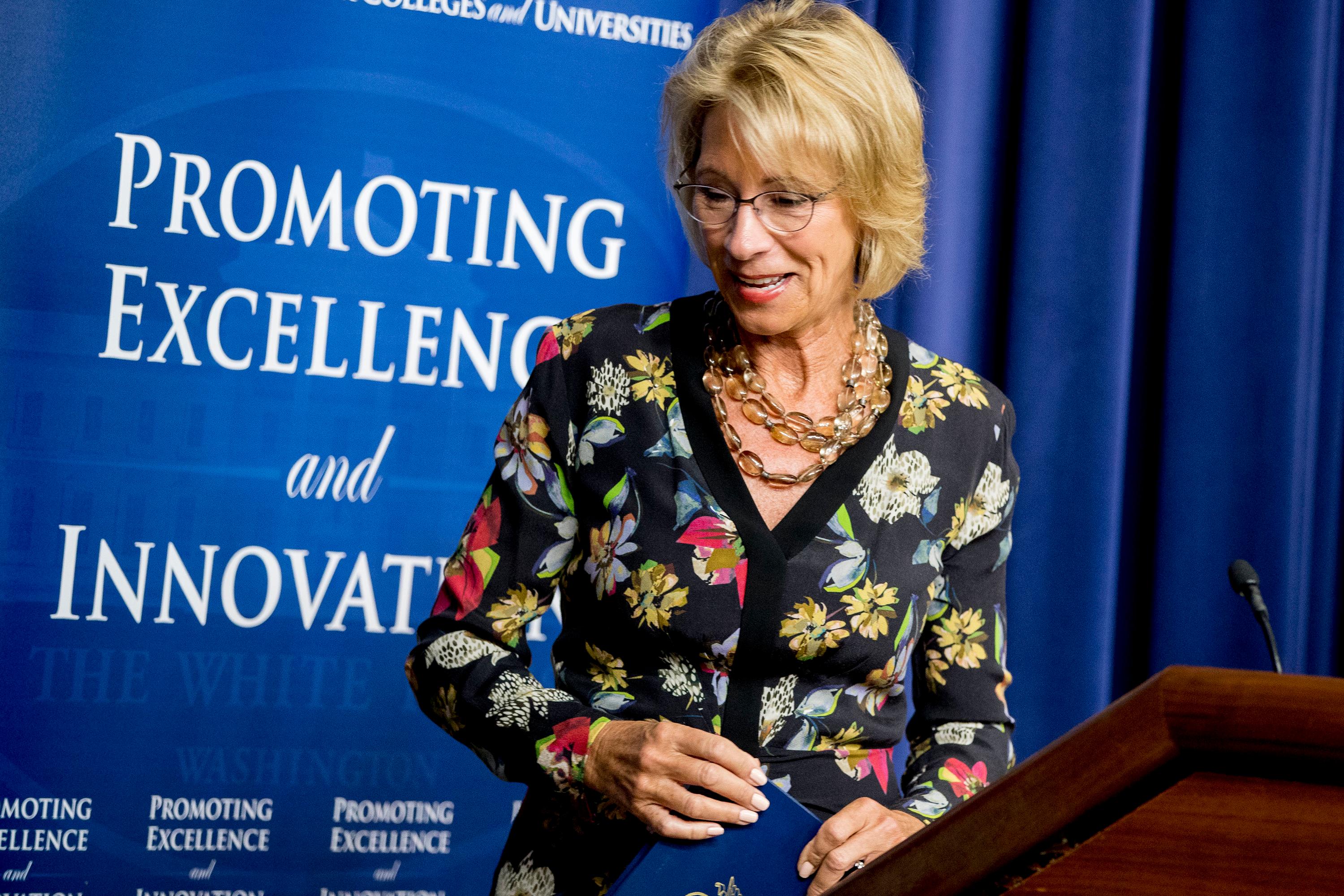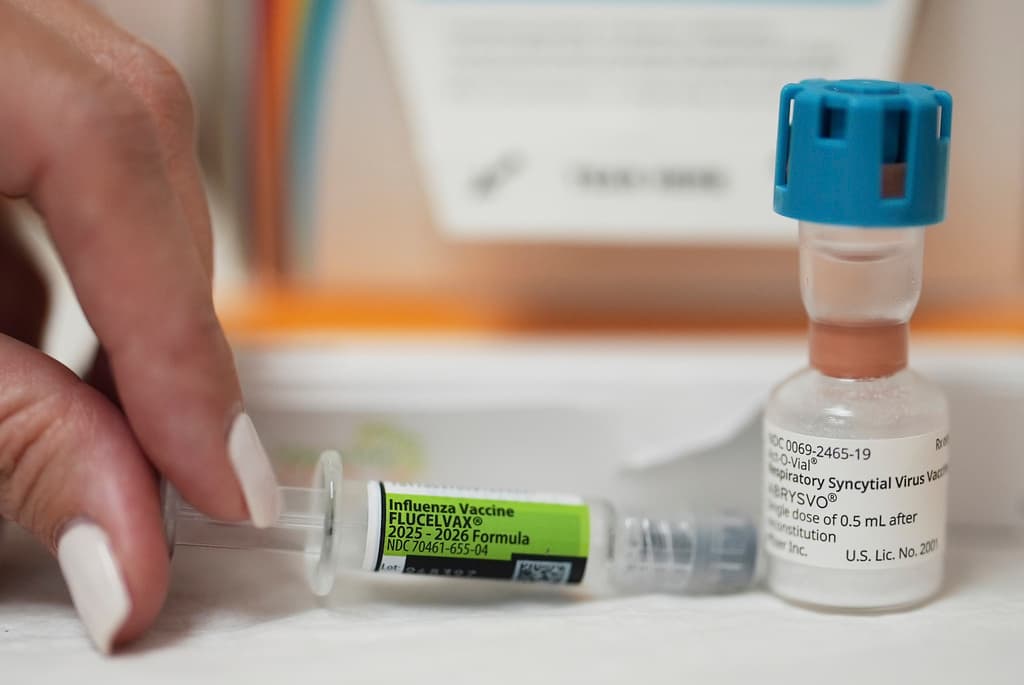

The Trump administration has rolled back Obama-era guidance on how universities handle sexual assault investigations. To replace the 2011 and 2014 provisions, the U.S. Department of Education released an interim Q&A detailing new procedures for schools.
The document released Friday will act as a placeholder until a public notice and comment period is held. Following that, the Department of Education will finalize new guidance on campus sexual assault.
Education Secretary Betsy DeVos announced plans for the roll back in an early September speech when she said, “The era of rule by letter is over,” referring to the 2011 Dear Colleague Letter.
The approach outlined in the new Q&A aims to make the investigation process at universities more fair, according to the department’s news release. Schools are given the option to pick between the preponderance of evidence standard or the clear and convincing evidence standard.
Boulder Title IX lawyer John Clune finds the second option “hugely problematic.”
“Preponderance of the evidence is the only standard that doesn’t play favorites,” Clune said. “If you jack it up to something higher, you’re discriminating against complainants, if you drop it down to something lower, you’re discriminating against the accused students.”
The Trump administration’s new approach isn’t technically new. The news release notes that the 2017 guidance comes from a 2001 public comment process and a 2006 Dear Colleague Letter.
“They’re definitely going back,” Clune said. “I’d say they’re going back to the 1940s and 1950s where women were intimidated to not come forward.”
University of Denver Title IX Coordinator Eric Butler echoed Clune, saying the Department of Education is taking a step backward by giving universities the freedom to choose an evidence standard. He believes the preponderance standard is the only appropriate method for sexual misconduct cases at schools.
As far as how universities in Colorado handle sexual assault cases, not much will change yet according to Butler.
“Retracting the 2011 and 2014 guidance basically just removed mandates, it didn’t create new obligations,” Butler said. “So in my view, all our policies and practices are still in compliance.”
For Butler, the Q&A was not surprising to most in his field and many actually expected the repeal to come sooner. He criticized the department for taking away documents that he said forced schools to take the issue seriously. Butler expressed concerns that an already inconsistent system might get even more so with the retractions.
“The absence of that document might create the first true test of schools’ commitment to these issues,” Butler said. “But what that commitment looks like might vary from one place to the next.”
Read More: DeVos Says Obama’s Campus Sex Assault Guidelines Failed. Some Colorado Colleges Disagree









